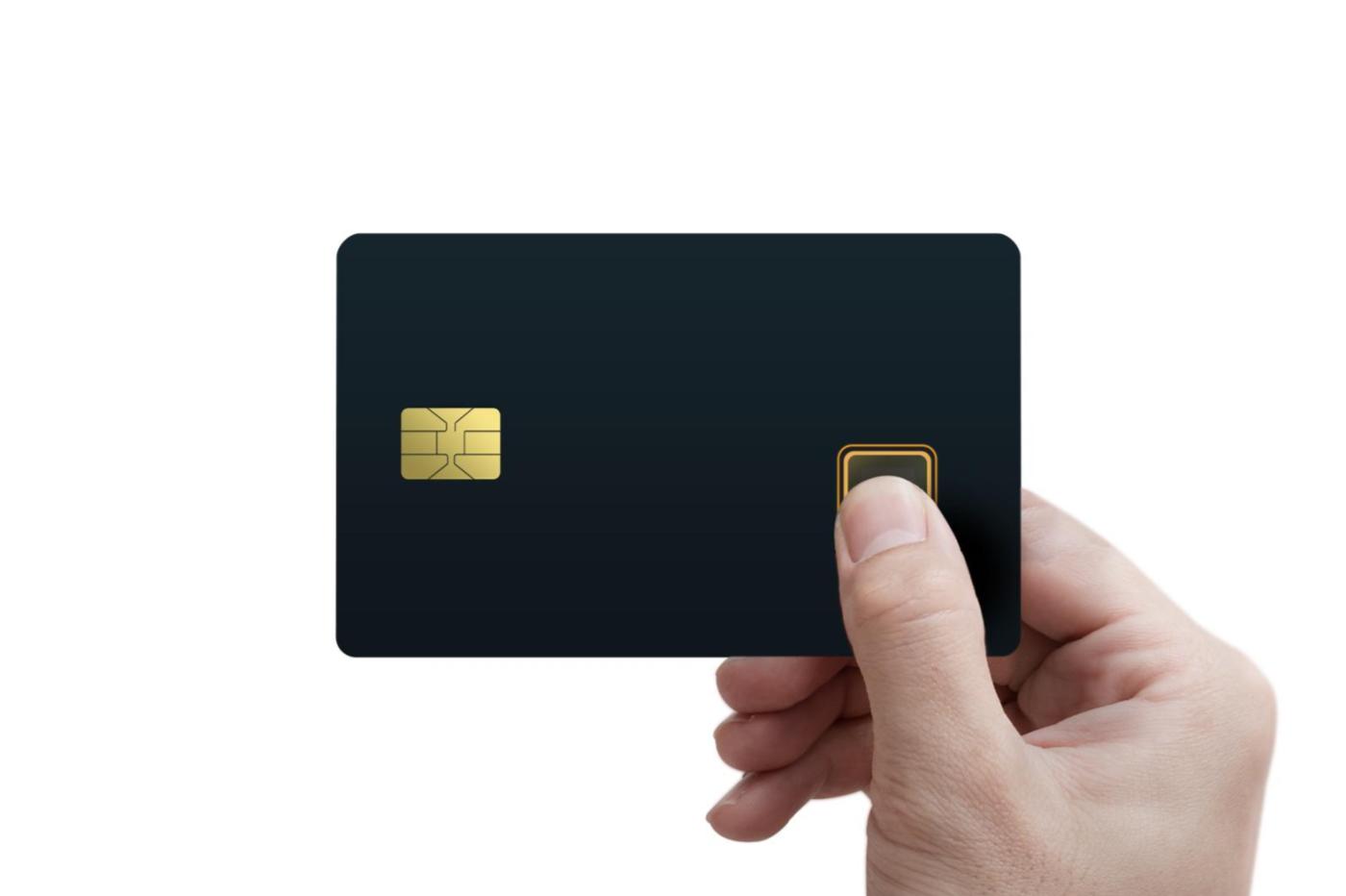
The real estate sector is enormous, with approximately $30 trillion in market value in the United States alone. The industry is also notoriously slow-moving and cumbersome, as it relies on an array of third-party services that can often lead to mistakes or fraud. The use of blockchain in the real estate industry can change this by introducing transparency and security into the process.
Using blockchain in real estate
In real estate, blockchain has numerous applications that can help streamline processes and reduce the time and money spent to close a transaction. This includes offering ways for buyers and sellers to transact in a trustless technology without the need to make physical meetings. These are just some of the benefits of creating blockchain projects in real estate.
Higher transparency
One of the most exciting things about blockchain technology is its ability to create transparency for all parties involved in a transaction. This means that each party can see precisely where their money is going and what they are getting in return.
This will help eliminate many types of fraud that occur in real estate transactions today. This includes issues such as fake listings and misrepresentation by brokers and agents who may be more interested in closing sales than helping buyers find homes they love at affordable prices. In addition, blockchain helps in developing platforms for security offerings. An STO platform for real estate can help sellers tokenize their property and sell much quicker and easier than they would have otherwise.
Low-cost transactions
One of the best things about using blockchain technology in real estate is that it saves money on maintenance fees and other costs associated with running a business like this one. This makes it easier for everyone involved in this type of business to keep their overhead low while still staying competitive compared to other companies in similar industries.
Payment processing
The Real Estate industry faces many challenges in the payment processing segment. While the technology adoption rates are increasing, the need for reliable and secure payment processing solutions is growing.
Blockchain technology has the potential to offer a powerful solution to these issues by fostering trust between parties, maintaining the security and integrity of data, and lowering the price of intermediary services. While the technology adoption rates are increasing, the need for reliable and secure payment processing solutions is growing. A good blockchain developer might be all you need to have your project on the right track.
Benefiting from smart contracts
Blockchain’s popularity is because it provides a secure platform for smart contracts. A smart contract is essentially an agreement between parties, but it’s written in a self-executing code. This means it can be executed and enforced automatically without needing a third party when pre-set conditions are met.
For example, imagine you wanted to rent your home out on Airbnb. If you used a standard rental agreement and accepted cash from the guest in exchange for the keys, there would be no way to prove that they had paid you or damaged the property during their stay.
But with smart contracts on the Blockchain, this wouldn’t be an issue; you could program your rental agreement into an automated system requiring both parties to meet the set of terms before either side can proceed with each step of the transaction.
Maintaining proper records
Real estate records are a big deal. They keep track of the ownership and sale of properties, which is essential for several reasons. You need to know who owns a piece of property, when they bought it, how much they paid for it, whether there are any liens on it, what repairs have been made, etc., if you’re buying or selling it.
Blockchain technology can make real estate records more secure and reliable by providing an immutable record of all transactions. As a result, nobody can alter the data about who owns what and when, or at least no one can do so without the other network users agreeing to the changes.
And because blockchain systems are transparent, it’s easier for people in other countries or jurisdictions to trust them with their real estate records as well.
Land registry records
Real estate and property are among the world’s most important industries. Numerous cases have adversely affected the sector, including theft, fraud, and unlawful activity. Blockchain technology has made it possible for users to move their land registry records on the Blockchain, which means there will be no way for anyone to tamper with them. This will ensure that all transactions are legal and safe.
Data management and security
There is a lot of data in the real estate market to monitor. And it’s not just about knowing the price of your house or the number of bedrooms and bathrooms. It’s about knowing who owns the property, who used to own it, what renovations have been done, and so on.
Many people, including real estate agents, brokers, attorneys, and buyers, have access to this information, and there are numerous ways for them to do so. But if all of this information is on paper or in hard copy filing cabinets, then there’s no way for it all to be easily accessible at once.
This implies that if you want information about a specific property, you might have to search through dozens or even hundreds of pages.
With blockchain technology, though, we can store all this information in one place where everyone can see it. When someone sells their house or rents out an apartment, they can register their transaction with our system, and we will add it to the database. Then everyone else who needs access will be able to look up that information within seconds, no more flipping through papers or calling around for answers.
Increased innovation
One of the most intriguing real estate developments in blockchain technology, not just because of the possible cost savings in time and resource, inspire innovation and provide a platform for new ideas that can help the industry reach new heights.
Conclusion
With the proper application of technology and an innovative approach to different tasks in the real estate industry, blockchain may change the way things work in this industry.



